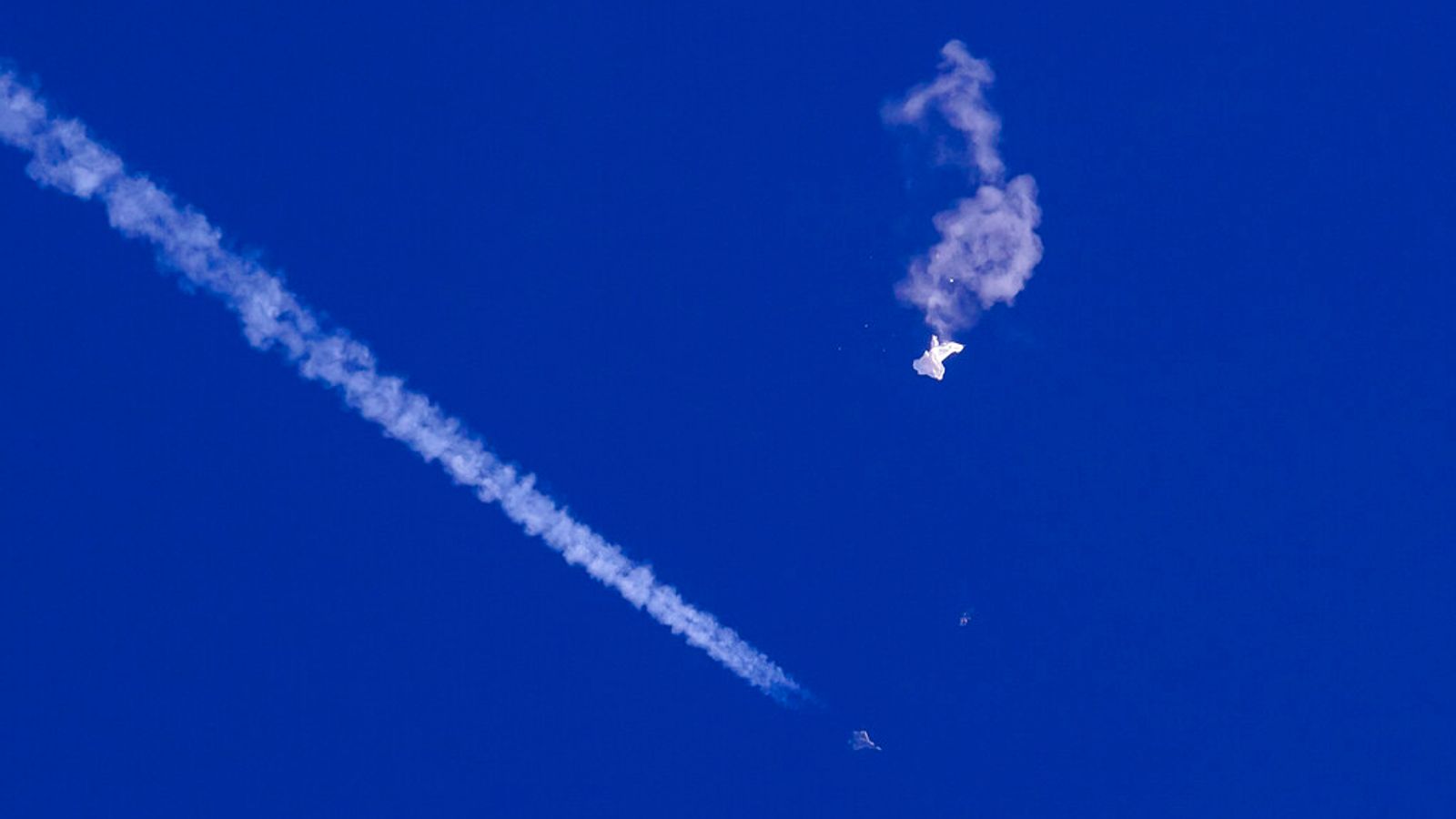Beirut blasts: Lebanon rocked by wave of hand-held radio blasts as ‘solar energy systems explode’


Lebanon has been rocked by a second wave of blasts, this time linked to hand-held radios, as reports have emerged that solar energy systems have exploded in several areas as well.
At least 20 people were killed in Wednesday’s blasts, with more than 450 injured, according to Lebanon’s health ministry.
The death toll from Tuesday’s explosions stands at 12, with nearly 3,000 injured.
Following the second wave of explosions, Israel’s defence minister declared a “new phase” of the war as its army turned its attention to the northern front with Lebanon.
Middle East latest: Israel declares ‘new phase’ of war after second wave of blasts

Multiple reports have come in from Lebanon saying hand-held radios used by Hezbollah have exploded across the country’s south, and in the southern suburbs of the capital.
Sky News special correspondent Alex Crawford witnessed the seeming aftermath of one of the explosions, at a funeral held in southern Beirut for four people killed in Tuesday’s pager blasts.
While Wednesday’s explosions seemingly targeted Hezbollah members, it is not clear whether or not bystanders were caught in the blasts as well.
Meanwhile, Lebanon’s official news agency reported that home solar energy systems exploded in several areas of Beirut, AP news agency said.
Advertisement
Speaking to Israeli troops on Wednesday, defence minister Yoav Gallant made no mention of the exploding electronic devices in Lebanon, but he praised the work of Israel’s army and security agencies.
After months of war against Hamas in Gaza, “the centre of gravity is shifting to the north by diverting resources and forces. We are at the start of a new phase in the war”, he said.
Many of the wounds suffered in Wednesday’s explosions were to the stomach and hands, it was reported.
This comes after nearly 3,000 people were injured and 12 were killed by pager explosions in Lebanon on Tuesday.
Two children were said to be among the dead, according to Lebanese health minister Firas Abiad.
Please use Chrome browser for a more accessible video player

0:19
Hand-held radio exploded ‘because of battery’

The latest blasts come as Hezbollah alleged the pager explosions were part of a complex Israeli operation.
While the Iran-backed militant group and Hamas both claimed Israel was behind it, the country initially offered no comment.
Sky News special correspondent Alex Crawford was at a funeral in Beirut for four people killed in Tuesday’s attacks.
She said the area was in the southern suburbs of Beirut and she heard a “small sound of something popping”.
“We came out to try and find out what the sound was and people were running. People were covered in blood,” she said.
“There was blood on a car.
“One young man was running and he was very stressed. He said a walkie-talkie – which the Hezbollah security people around here are using for the funeral – exploded.
“The Hezbollah people then gathered up all the walkie-talkies and have been taking the batteries out of them.
“Our cameraman was surrounded by very tense and angry Hezbollah security, who told him to stop filming.
“The funeral is still going ahead.”
Crawford said there is an army presence there and “a lot of people are extremely tense”.
Hezbollah is “furious” and “there is a lot of anger from ordinary Lebanese civilians” too, Crawford added.
Experts told Sky News the pager devices would likely have had to have been intercepted and had explosives planted inside them to execute the apparent attack.
A Taiwanese pager maker denied it had produced the devices that exploded on Tuesday.

Keep up with all the latest news from the UK and around the world by following Sky News
Gold Apollo said the devices had been instead made under licence by a company called BAC, based in Budapest, Hungary.
But BAC chief executive Cristiana Barsony-Arcidiacono told Sky News’ US partner NBC News: “I don’t make the pagers. I am just the intermediate. I think you got it wrong.”
Then, a spokesman for Prime Minister Viktor Orban’s government said the pagers involved in Tuesday’s attack had never been in Hungary – but did not deny the firm’s alleged involvement.

